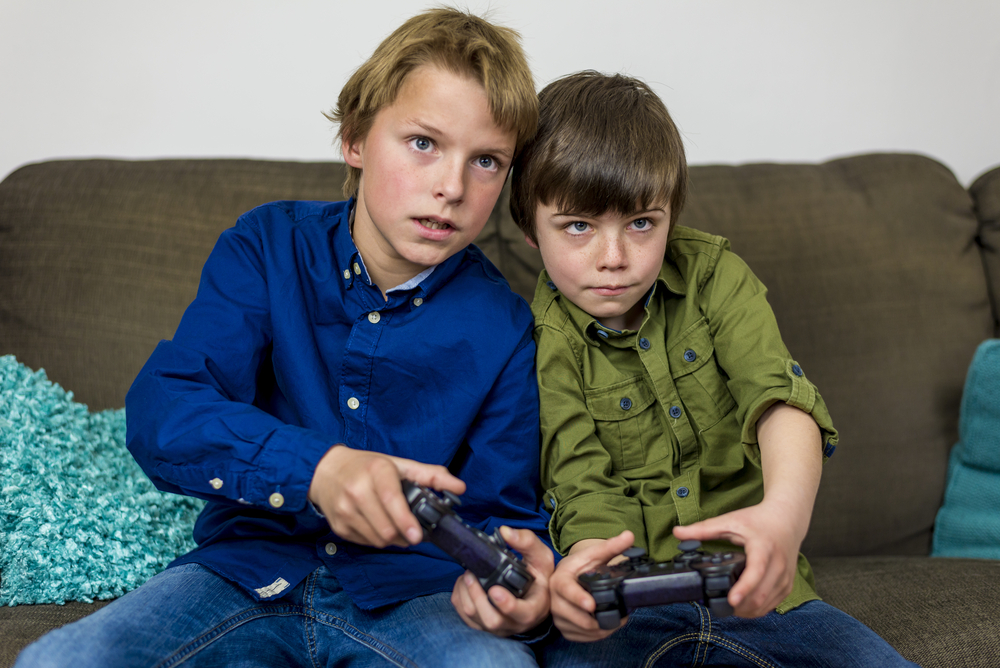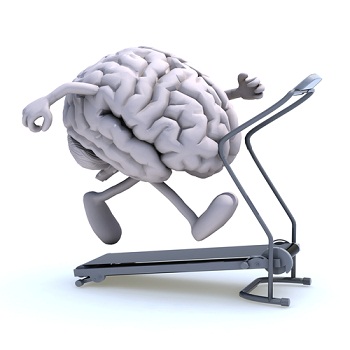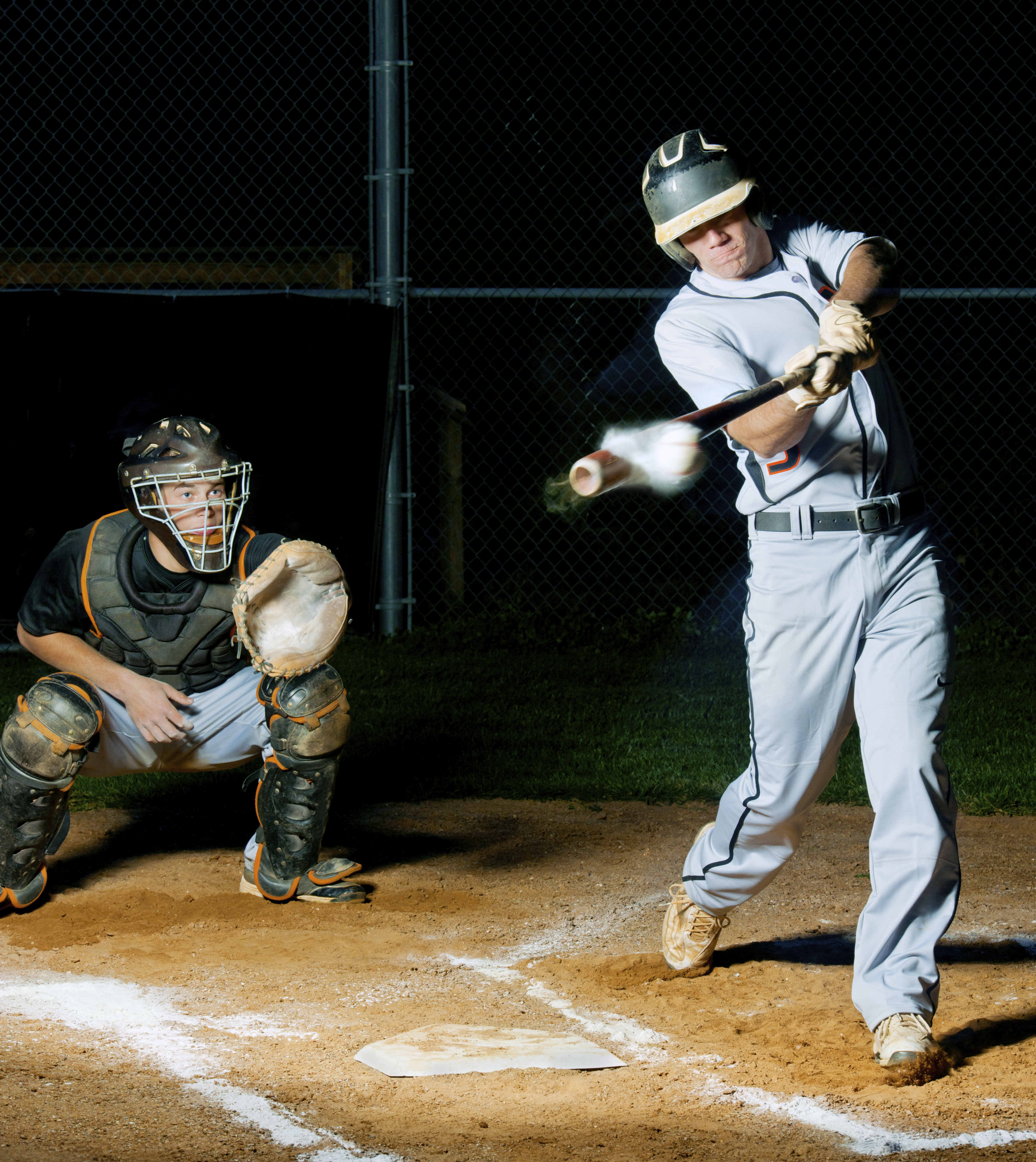Practice Is Important, But Not Everything
By Dan Peterson, TeamSnap's Sports Science Expert
Practice, practice, practice! That’s been the advice to young athletes for years, but especially in the last decade as the road to 10,000 hours of deliberate practice became the accepted timeline to sports mastery. Yet many research papers and anecdotal stories point out the many exceptions on both sides of the equation; kids with amazing skills at a young age, overnight teen sensations who just started playing a sport and twenty-somethings who are still trying to make it to the big time despite 10,000+ hours of practice.
If we could just peer into the brains of these budding superstars to see what’s going on when they learn…oh wait, we can. With the help of functional magnetic resonance imaging (fMRI), neuroscience researchers at the Montreal Neurological Institute and Hospital (aka “The Neuro), part of McGill University, recently watched the changes in young adults’ brains after they learned a new task. But they also noticed that a different area of the brain could predict how well each of the students would perform when learning something new.
Dr. Robert Zatorre, a cognitive neuroscientist at The Neuro, recruited 14 young adults, aged 20-34, with no musical skills to take six weeks of lessons to learn 12 basic, familiar songs on the piano. They were given small keyboards that were connected to video tutorials. Over the six weeks all of the students were able to master at least six of the tunes, showing there was some learning going on.
Prior to the training sessions, each person’s brain was scanned with fMRI twice, six weeks apart, and then again after the six weeks of piano lessons. The researchers were looking for any structural changes to different brain areas as a result of their new education.
Sure enough, they found evidence of “neuroplasticity,” the physical changes that our brain goes through as we learn, in the frontal and parietal lobes, where we manage memory, movement, right/left coordination and reading, as well as in the cerebellum, known for controlling balance and fine motor control. As with music education, these two areas of the brain are also critical for learning the motor skills needed in sports.
However, Dr. Zatorre and his team also found that baseline activity in the hippocampus and right auditory cortex prior to training could also predict how quickly each person would learn the songs. In other words, there were clues as to a person’s innate ability to learn this type of musical motor skill, something the researchers called a “predisposition to learn.”
"Predisposition plays an important role for auditory-motor learning that can be clearly distinguished from training-induced plasticity," said Dr. Zatorre, who also co-directs Montreal's International Laboratory for Brain, Music and Sound Research (BRAMS) and is lead author of the study in Cerebral Cortex. "Our findings pertain to the debate about the relative influence of 'nature or nurture,' but also have potential practical relevance for medicine and education."
So, while we can keep practicing to achieve expertise in a sport, each person is born with a different capacity to learn and adapt. Professor Brooke Macnamara of Case Western Reserve University has been beating this drum for several years. Along with David Hambrick, PhD of Michigan State and Frederick Oswald, PhD of Rice University, she has been trying to put a number on how much practice contributes to becoming a master of anything.
Last year, they scoured 88 research papers that had studied becoming an expert in several different disciplines. They found that those endless hours of practice could explain about 12% of the eventual success of experts. Specifically, practice accounted for 26% of success in gaming, 21% in music, 18% in sports and 4% in education.
"There is no doubt that deliberate practice is important, from both a statistical and a theoretical perspective. It is just less important than has been argued," said Dr. Macnamara, whose research was published in Psychological Science. "For scientists, the important question now is, what else matters?"
According to the researchers, the most likely contribution comes from a person’s working memory capacity. The ability to manage several tasks and chunks of data simultaneously in memory seems to be a key to high performance.
So, keep driving the kids to practice but understand that every one of them is built differently and they learn at different rates.
NEW! Free Sports Organization Resources
All of TeamSnap's ebooks, articles, and stories in one place. Access Now
Similar Articles:

Why 3D Video Games Might Actually Be Good For Young Brains
By Dan Peterson, TeamSnap's Sports Science Expert …
Read More

Your Brain Needs You To Exercise, Too
By Dan Peterson, TeamSnap's Sports Science Expert …
Read More

The Weird Similarities of Hitting Baseballs and Catching Flies
By Dan Peterson, TeamSnap's Sports Science Expert …
Read More
